
It affects a limited number of Dole-branded and private label salad kits, and no cases of illness associated with the Dole recall have been reported.

It affects a limited number of Dole-branded and private label salad kits, and no cases of illness associated with the Dole recall have been reported.
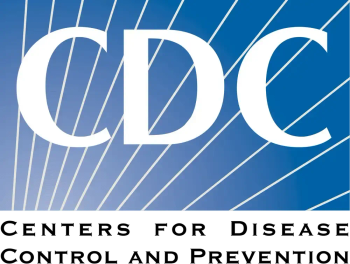
CDC is currently investigating an outbreak of gastrointestinal illness.

Advancements in microbiome preservation offer new solutions for HAI.
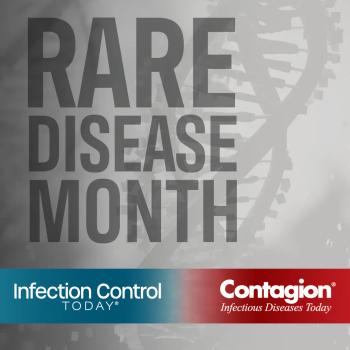
A senior microbiologist gives audiences of sister brands, Infection Control Today and Contagion, an insight into leishmaniasis, a potentially fatal disease.

Oregon resident catches plague through a cat-to-human transmission.

The Centers for Disease Control and Prevention (CDC) considers changing its previous guidance.
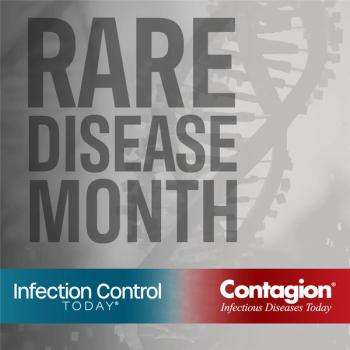
First victim of the Alaskapox Virus highlights the need for increased research.

GSK’s bepirovirsen received this designation, and the company has its sights on the therapy potentially providing a functional cure for the millions of people around the world who are affected by this form of viral hepatitis.

Increased risk of post-acute conditions (PASC) in SARS-CoV-2 positive patients.

This month is a time to reflect on the past, but understand there remains issues that need to be addressed today.

Study offers new insight into the relationship between Zika Virus and Dengue Virus in tropical regions.
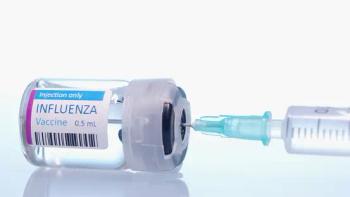
A recent study reveals the QIV-HD vaccine significantly lowers hospitalization rates compared to the standard-dose vaccine (QIV-SD).

HCV seroprevalence and antigen positivity were both low, suggesting universal birth cohort screening may not be necessary or cost-effective.

Inhaled nanoparticles deliver antibiotic and antimicrobial peptides through mucus and biofilm barriers in animal model of infection-exacerbated COPD.

In a case report, a patient with HIV with active multiple sclerosis showed reduced disease activity with tenofovir-containing antiretrovirals, suggesting potential MS treatment benefits.
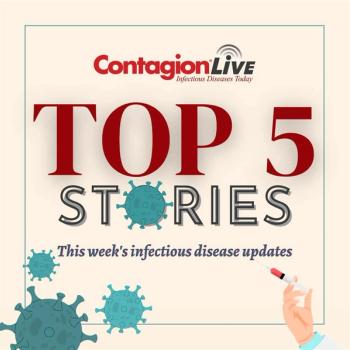
This week, a study advocates enhancing hospital cleaning protocols to halt healthcare-associated infections; integrating HCV testing and antivirals in prisons to cut transmission of the disease; FDA announces listeria outbreak that leads to deaths and hospitalizations across 11 US states; CDC makes advances in foodborne outbreak detection via genome sequencing; and new data about the self-amplifying mRNA vaccine, ARCT-154.
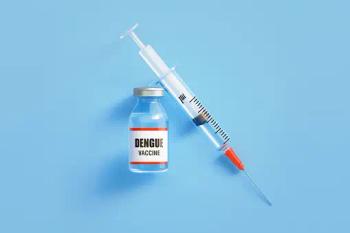
Phase 3 trial is highly effective in preventing symptomatic disease.

Phase 3 study reveals exebacase combined with standard antibiotics in treating methicillin-resistant Staphylococcus aureus (MRSA) bacteremia and endocarditis did not meet its primary endpoints.
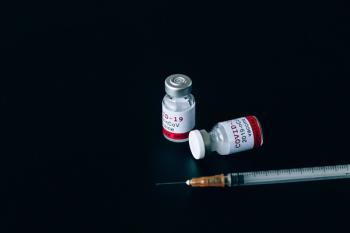
The self-amplifying mRNA vaccine, ARCT-154, had an extended response compared to the BNT162b2 vaccine and was approved in Japan back in November.
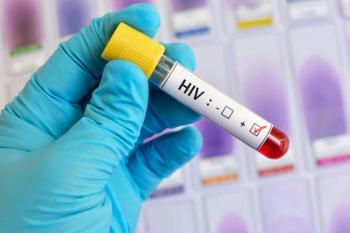
Study sheds light on the evolving landscape of HIV-related mortality since the advent of antiretroviral therapy (ART).
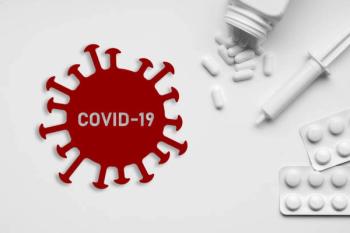
CDC endorses the role of antiviral drugs in combating COVID-19.

The outbreak has seen 2 deaths and 23 hospitalizations across 11 states.

Study encourages enhancing protocols to clean and disinfect hospital beds and healthcare environments to stop the spread of healthcare-associated infections.
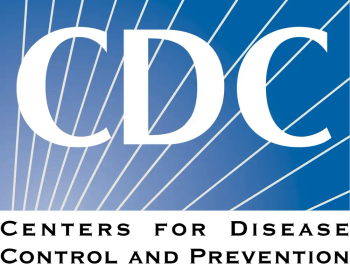
CDC's use of it and power law analysis have greatly enhanced the detection and understanding of US foodborne outbreaks.

Phase 2 study for the investigational antiviral, ZSP1273 (onradivir), demonstrated safety and efficacy in reducing the time to resolution of symptoms in a multicenter trial.
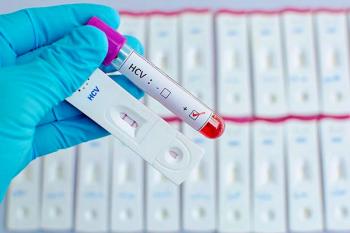
Combating hepatitis C (HCV) transmission through integrated testing and enhanced use of direct-acting antivirals within the prison system can reduce incidence rates.
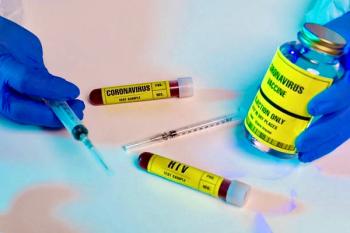
A study compared COVID-19 vaccination rates and found people with HIV (PWH) had a lower rate of completing the primary vaccination series.

ePOCT+, a digital clinician decision support tool, reduced outpatient antibiotic prescribing without adverse health outcomes, potentially mitigating development of antimicrobial resistance.
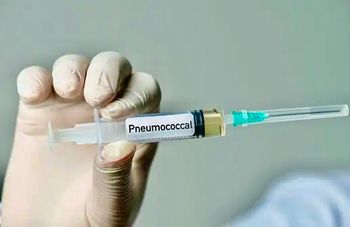
Study will determine the effectiveness of vaccine in preventing invasive pneumococcal disease.

Sustained virologic response (SVR) and sociodemographic factors were found to be associated with long-term improvements in health-related quality of life in patients with hepatitis C (HCV).